WASHINGTON: Rosalba Posada can tick off a list of problems she has encountered trying to use prepaid calling cards to stay in touch with family back in Colombia.
There were the cards that didn’t deliver as many minutes as promised and the cards that charged extra fees to call a cell phone. There were the cards that offered several hundred minutes of calling time, but began deducting minutes if they were not all used in a single call. There was the card that had already expired when Posada tried to use it just a few months after buying it. And there was the card that simply didn’t work at all.
“Some of those prepaid calling cards are good for nothing,” said Posada, a high school registrar who lives in Pembroke Pines, Florida, and now uses Skype, a free internet calling service, to talk with her family. “All they do is make some companies rich while we the customers have no say.”
Over the past decade, the prepaid calling card business has mushroomed into a $4 billion industry that has injected new competition into the market for international phone calls and provided a critical lifeline to connect immigrants with family and friends back home. The cards are sold in gas stations, newsstands, convenience stores, bodegas and groceries across the US.
But consumer watchdogs and government officials warn that certain segments of the market are plagued by fraud and deceptive practices that give consumers fewer minutes than they pay for and tack on all sorts of hidden and unfair ‘junk fees’.
The problem takes many forms: connection fees on calls that don’t go through because no one is home or the line is busy; post-call service fees and 99-cent hang-up fees on cards that are only worth a few dollars to start with; calling rates that go up when a card is used more than once; activation and weekly maintenance fees; and cards that bill customers in threeor four-minute increments even if they use just a few seconds of calling time.
These charges and fees often end up leaving buyers with far fewer minutes for calls than they thought they were getting. The Hispanic Institute, a non-profit advocacy group, estimates that the average calling card delivers only 60 per cent of the minutes promised cheating consumers out of $1 million a day.
Victims include soldiers calling home from abroad and foreign students studying in the US. But the people most vulnerable to these scams are the newest arrivals who speak little English and don’t have the money or documentation to get a home phone line or cell phone to communicate with relatives overseas.—AP



















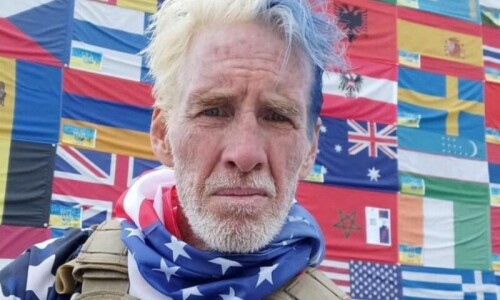
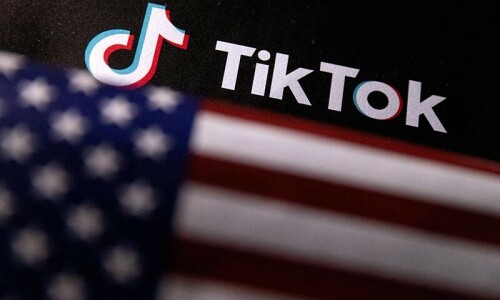

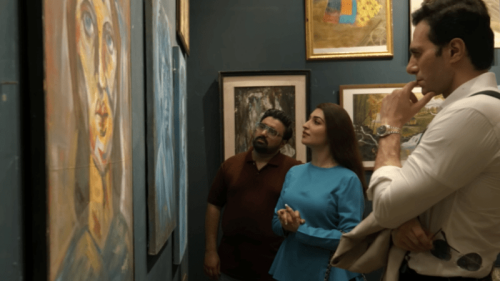












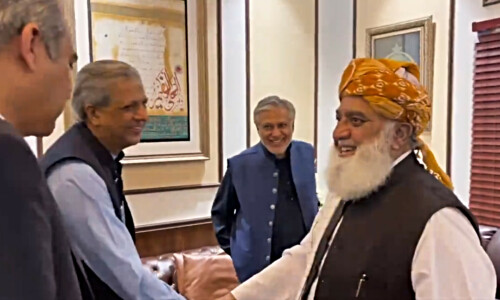
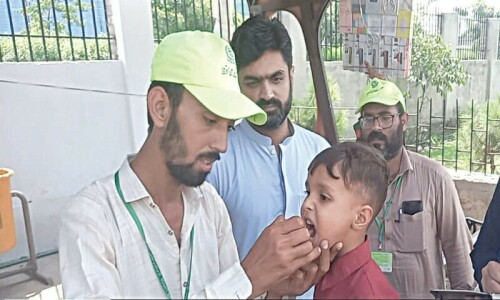

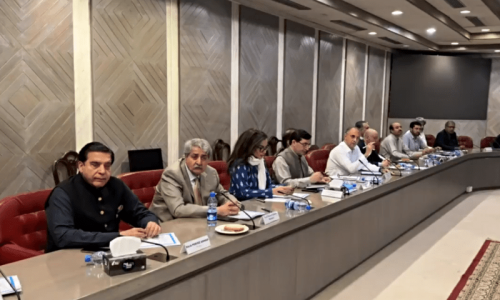

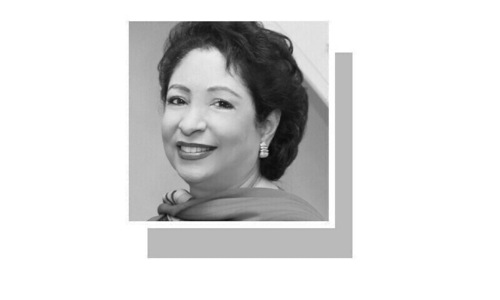






Dear visitor, the comments section is undergoing an overhaul and will return soon.